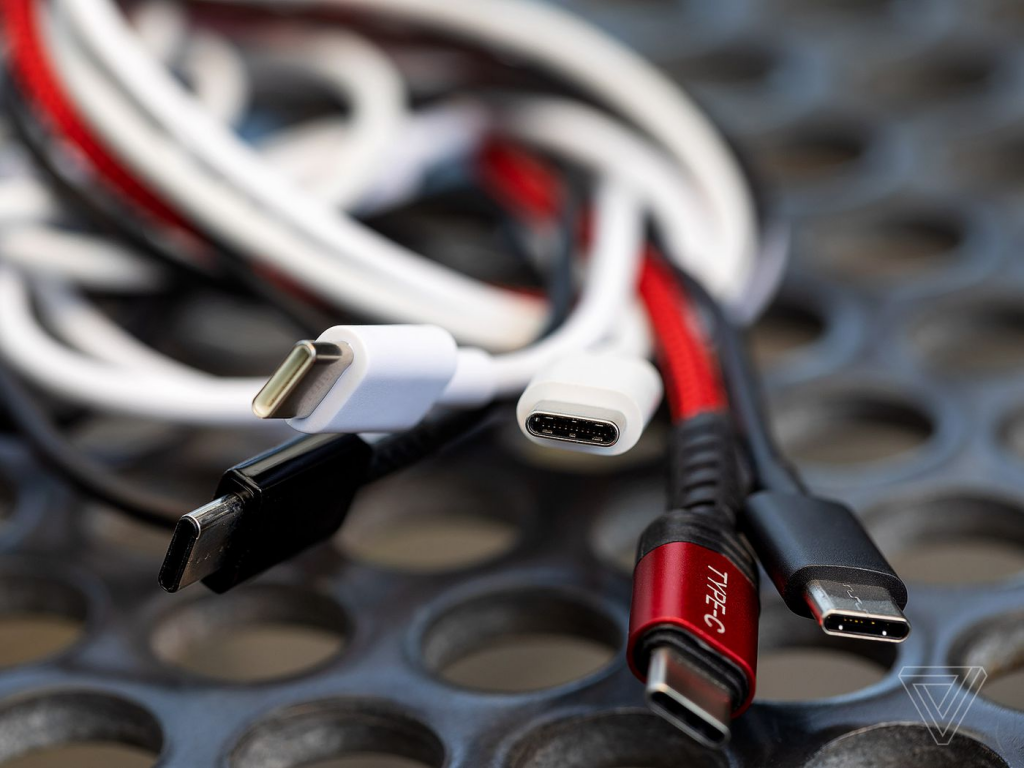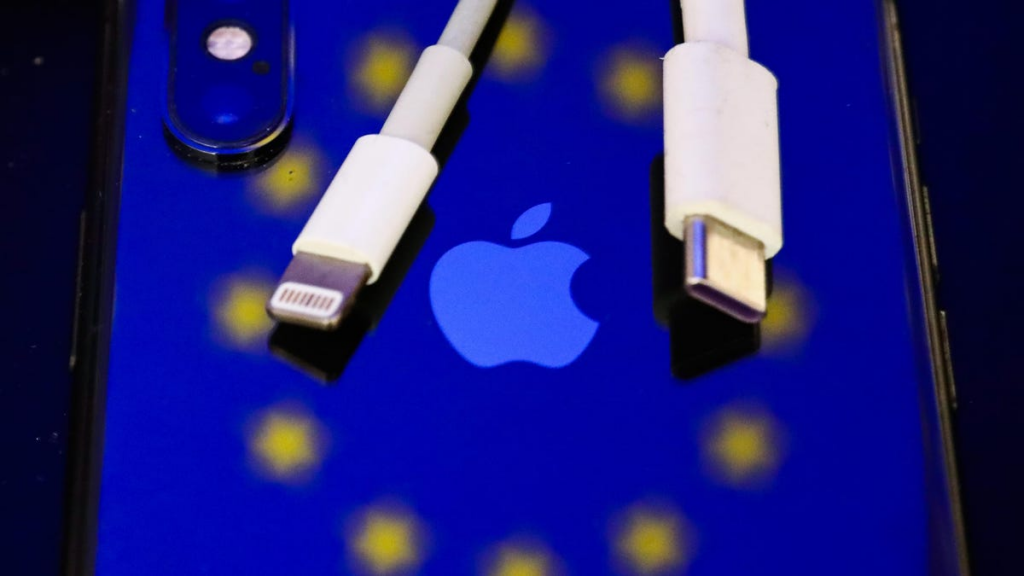The European Union has set an official deadline of 2024 for iPhones to transition to USB-C.
According to the EU’s official journal, all small gadgets, including headsets, tablets, cameras, smartphones, e-readers, keyboards, microphones, handheld video game consoles, and other portable navigation systems, must accept USB-C charging connectors.
Apple, whose iPhones use an Apple-made charger, will be unable to sell new smartphones in the EU beyond the deadline unless they use a universal cord.

Apple is the most prominent company to employ a customised charging connector that is unique to several of its products. Its iPhone series, for example, uses its Lightning connector.
Apple’s senior vice president of worldwide marketing, Greg Joswiak, previously told the Wall Street Journal that the company would “certainly” comply with the law.

Consumers will no longer be required to purchase a separate changer every time they buy a new device under the new laws. This will allow users to use a single charger for their handheld digital goods.
According to reports, from 2026, laptops will also be included in this legislation.
According to an earlier press release from the European Parliament, this new rule is part of a larger program to reduce e-waste and allow customers to make more sustainable options.

The deadline has been set for December 28th, 2024. That indicates that by the time we get to the iPhone 16, the Lightning port will no longer be a standard feature on all Apple smartphones. To sell the iPhone 16 in Europe, Apple must include a USB-C port, or possibly none.
Although this is unquestionably a significant change for the industry titan, it has long been anticipated. The Lightning port has been on its way out for a time, and its replacement has always been a foregone conclusion. So the only thing left to decide is whether it will occur in 2024 or sooner.


